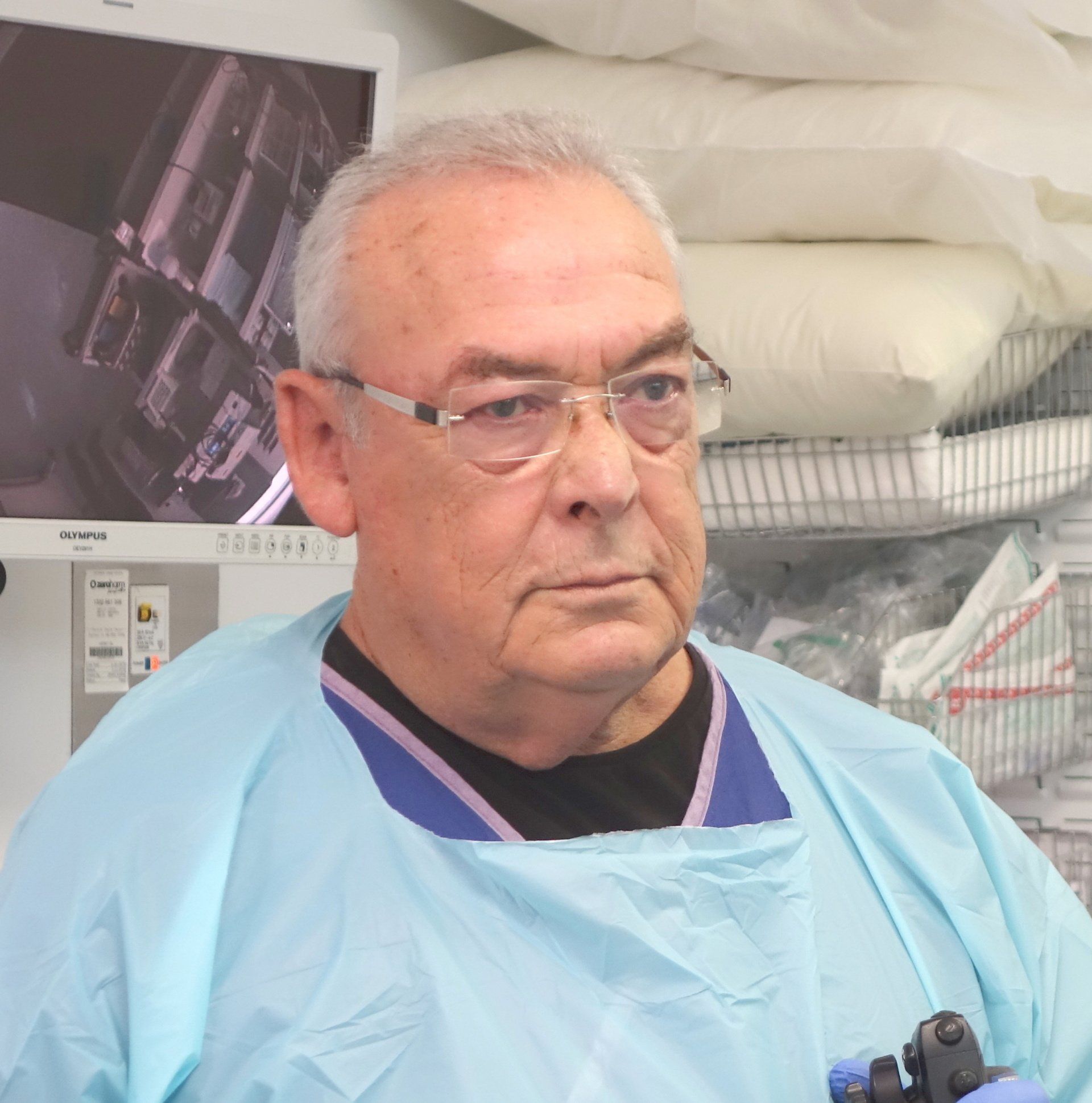Colorectal Polyps
What are Colorectal Polyps?
Colorectal polyps, also known as colon polyps are cell growths that occur on the colon surface. These clumps of cells have a base on the colon epithelial surface and protrude into the large intestine cavity.
Some of these polyps can evolve into colon cancer, which can be a fatal diagnosis if discovered at a late stage.
Who does Colorectal Polyps Affect?
While colorectal polyps can affect anyone, they commonly occur in adults of ages 50 and above.
Patients with an elevated risk of developing Colorectal Polyps typically have one or more of the following pre-existing conditions:
- People with inflammatory diseases of the intestine (such as Crohn’s disease),
- positive family history of colon cancer or polyps,
- long standing tobacco and alcohol use,
- uncontrolled Type 2 Diabetes, or
- those who are obese with a sedentary lifestyle
How do Colorectal Polyps Occur?
Colorectal polyps occur when there is abnormal proliferation and growth of tissue. When this growth occurs, it results in the formation of polyps which are in fact small clumps of these cells. This growth can either benign or malignant and varies in each case.
Causes of Colorectal Polyps
The exact cause of colorectal polyps is still unknown. Mutations resulting in uncontrolled proliferation of cells is one explanation that is being considered.
Symptoms of Colorectal Polyps
In most cases, colorectal polyps don’t cause any symptoms. They are often discovered for the first time during routine digestive tract examination or while the physician is running tests for some other complaint. In some cases, patients do experience some symptoms which include:
- Rectal bleeding
- Blood streaked stool or changed color of stool
- Constipation or diarrhea, which lasts more than a week
- Abdominal cramps and pain due to obstruction (usually indicates larger sized polyps)
- Anemia
Types of Colorectal Polyps
Colorectal polyps can be classified broadly into benign and malignant polyps. Further classification of these types can be done as following:
BENIGN POLYPS
Hyperplastic polyps
Inflammatory polyps
Hamartomatous polyps
MALIGNANT POLYPS
Adenomas (have the potential to become cancerous)
Serrated polyps
Adenomatous polyps are the most common type of polyps diagnosed. Peptic ulcers can be classified based on location into gastric ulcers, affecting the stomach lining and duodenal ulcers, which occur in the duodenal region of the small intestine.
Stages of Colorectal Polyps
Colorectal polyps can be specified into stages based on their size and proliferation depth. Malignant polyps can further be staged and graded based on their histological profile.
How are Colorectal Polyps Diagnosed?
Most of the polyps are first discovered during routine screening examinations. The doctor begins by taking complete history and a thorough physical examination. Some screening methods to identify polyps include:
- Stool tests to identify blood in stool, as a precursor to colonoscopy.
- Colonoscopy, which allows the doctor to visually examine the large colon. If polyps are discovered, the doctor may take some biopsy samples for lab analysis. The pathologist is able to determine whether the polyps are benign or malignant by examining the sample under a microscope.
- Virtual colonography using a CT scan.
- Flexible sigmoidoscopy
How are Colorectal Polyps Treated?
The treatment for polyps involves their removal. Often times they are removed in the colonoscopic procedure at the same when they are discovered using a forceps or a wire loop attachment.
In certain cases with larger sized polyps, laparoscopic surgery may be required. And in very advanced cases or cases of inherited syndrome causing polyps (FAP- Familial adenomatous polyposis), the doctor may recommend complete colon and rectum removal with surgery.
What if Colorectal Polyps are Untreated?
If left untreated, colorectal polyps can cause issues such as obstruction, chronic constipation and diarrhea. In cases of malignant polyps, they can develop into colon cancer which can be fatal, unless timely removed.
Dr Donald Walker
Write your caption hereMore
Dr Johan Van Den Bogaerde
Write your caption hereMore
Trusted for more than 25 Years
PANCREAS & BILIARY
Digestion Problems - Dyspepsia









